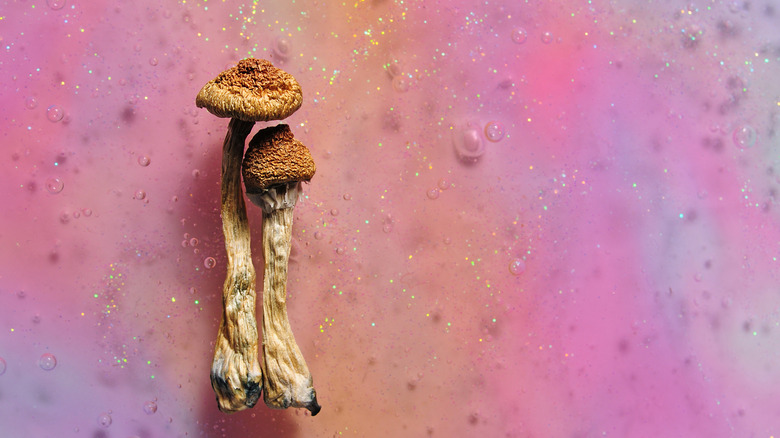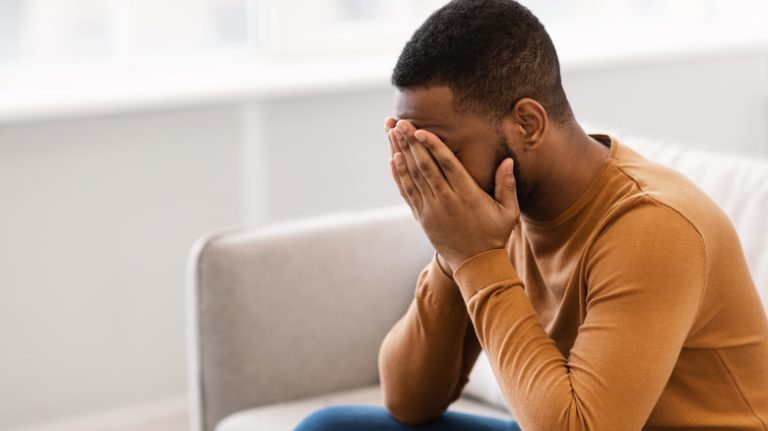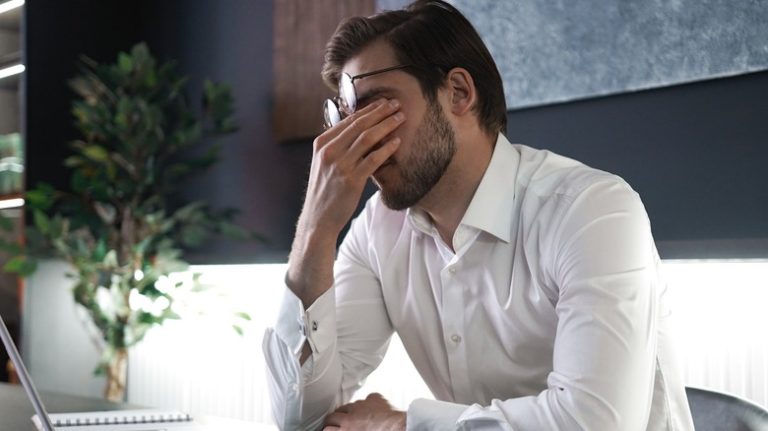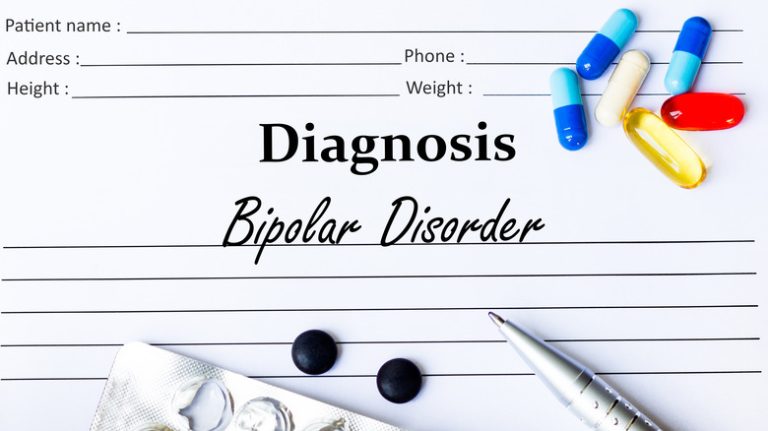Microdosing psychedelics is gaining popularity and you’ll likely find the word buzzing around. People are curious about the term “microdosing,” its potential benefits, and its safety.
The premise is simple — microdosing is when you take a tiny dose of psychedelics to treat a physical or mental ailment (via MindBodyGreen). This practice traces thousands of years back to Indigenous groups. Meanwhile, growing evidence from universities around the U.S. is showing potential health benefits of microdosing psychedelics, specifically LSD, ketamine, psilocybin, and MDMA (per The New York Times). Since the federal government does not recognize psychedelics as medicine, how safe are they? Well, that depends on what type of psychedelic is taken.
According to MindBodyGreen, the safest options when it comes to microdosing are LSD and psilocybin (which are the most studied). In fact, one 2024 study published in Pharmaceuticals found psilocybin to be an effective antidepressant treatment, whilst another 2024 study published in The American Journal of Drug and Alcohol Abuse reported its effectiveness for treating substance use disorders.
On the other hand, MDMA can be dangerous and at times fatal (if mixed with an antidepressant) since it’s a mood disruptor (per MindBodyGreen). Ketamine may be relatively safe, as it’s currently approved for emergency purposes as an anesthetic in controlled medical settings (via Verywell Mind).
Will microdosing boost your mental health?

Another big question remains: can microdosing psychedelics positively affect mental health? Again, this will greatly depend on what you’re microdosing and how much. One 2024 study published in Cell Reports reported that psychedelics promote neural plasticity both functionally and structurally. This may help boost mental health since neural plasticity changes how the brain cells function, which then influences behavior and thought patterns (via Journal of Neuropsychiatry and Clinical Neuroscience). In fact, research suggests ketamine encourages the growth of neurons and supports those with psychiatric disorders (per The New York Times). Still, more research is needed to confirm this.
Psilocybin can not only help with depression and substance use disorder, but it can also increase awareness of your surroundings (via The New York Times). Additionally, some evidence suggests that microdosing LSD may help with pain, depression, and anxiety while improving deep sleep, enhancing mood, and improving migraines (per MedicalNewsToday). This is congruent with one 2024 study published in Psychopharmacology, which found microdosing as an effective tool for self-managing substance and mental health disorders.
It’s important to note that research on the mental health benefits of psychedelics is very limited and unreliable. MedicalNewsToday shares one explanation may be the use of online self-assessments on self-medicated participants.








